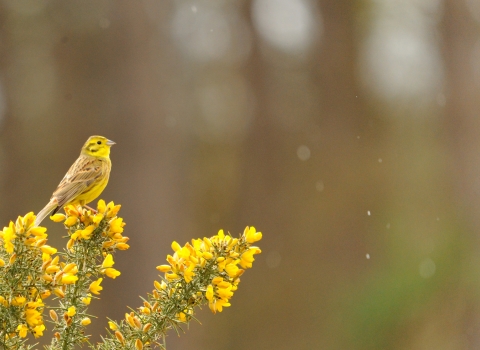It is beyond debate that in order to restore the collapsing populations of wildlife in our country and put nature into recovery, farmland, at 71%* of land cover, will need to play a fundamentally important role.
Recognising this and acknowledging that society can't expect businesses to pivot without support, former Environment Secretary Michael Gove stated that post-EU our nation must use ‘public money for public goods’.
So rather than just subsidising the farming industry to to 'keep farming' and to produce affordable food, the public purse must be targeted on achieving long-term environmental benefits and creating sustainable natural resources.
But when the UK has left the EU system, how much money should be allocated to schemes for farmers and landowners to provide public goods such as clean water, reduced flooding, carbon storage, pollination and protection of wildlife? How should we account for these services?
We have teamed up with National Trust and RSPB to calculate the costs of delivering these public goods and examine some of the critical factors that must be considered - such as such the role of alternative payment approaches and the fundamental importance of good quality advice from experts.
The estimated budget to pay for these public goods comes to at least £2.9 billion. This is just under the amount currently allocated through the existing EU 'CAP' scheme, showing that this direction of travel is not only essential, but affordable.


